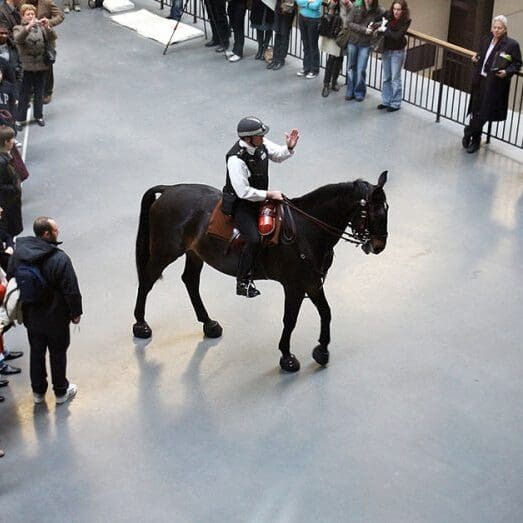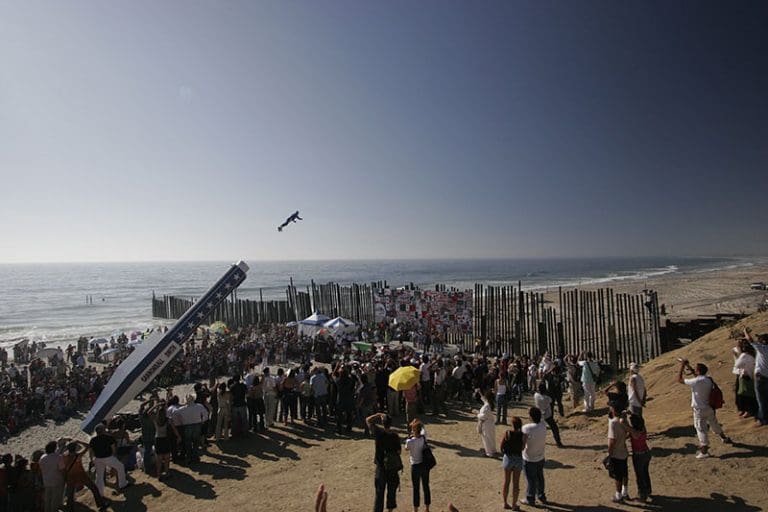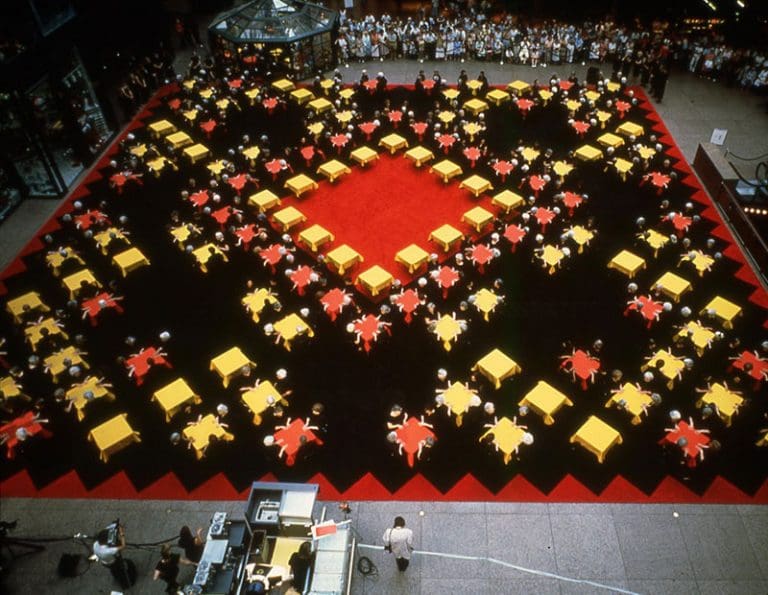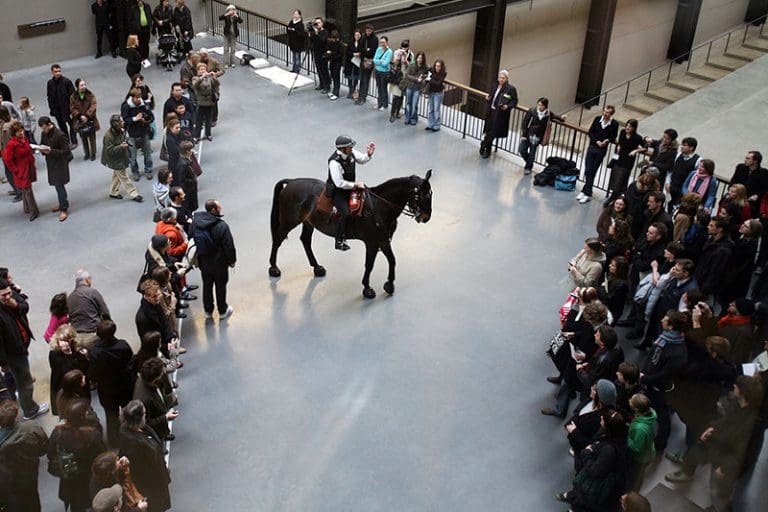
The Franklin Humanities Institute’s Social Practice Lab is supporting Create, Innovate, Act!, a Spring 2018 course taught in the Ruby by Pedro Lasch.
Collaborators: Pedro Lasch, Franklin Humanities Institute, Art, Art History & Visual Studies

In the last two decades, socially engaged art has entered the life of museums, universities, corporations, and even governments. Described as participatory art, relational aesthetics, and social practice, to name a few, the variety of terms and definitions for the phenomenon is as rich as its prolific and at times contradictory manifestations.
These practices have been embraced by mainstream art institutions, but that embrace is rarely accompanied by a deeper understanding of their history, or an appreciation for the complexity of their methods. Universities are best equipped to provide a remedy by strengthening the impact and scope of social art with the rigorous structures so characteristic of the sciences and humanities at research institutions. In return, socially engaged art may provide the academic mainstream with fresh and unexpected approaches to interdisciplinary work and collaboration, a higher degree of public engagement, and deeper student involvement.
The Social Practice Lab (SPL)—part of the Franklin Humanities Institute at Duke—brings together scholars, artists, and activists through regional and international projects, public interventions, advanced research, and other exchanges. It is a space for integrated collaboration between ‘professors’ and ‘the professions’—the kind of vehicle universities need if they genuinely seek to embrace artists, makers, and other so-called ‘practitioners’ as legitimate researchers and peers.
The SPL is supporting a Spring 2018 course, taught in the Ruby by Pedro Lasch, called Create, Innovate, Act! It is an introductory course for undergraduates across the university featuring interdisciplinary work bridging sciences, arts, and humanities. The focus is on gaining experiential knowledge through project creation and engagement with everyday contexts. Students’ project work in the course will benefit from a group environment where peers are producing, sharing, and discussing their own inventions, speculative research, artworks, sound compositions, performances, media productions, or activist interventions.
Local and international guest speakers include artists, activists, innovators, entrepreneurs, curators, and scholars.
 TheoJansen, Strandbeest.
TheoJansen, Strandbeest.
 Javier Tellez, Man Flies Over US Mexico Border.
Javier Tellez, Man Flies Over US Mexico Border.
 Suzanne Lacy, Crystal Quilt.
Suzanne Lacy, Crystal Quilt.
 Tania Bruguera, Tatlin’s Whisper #5.
Tania Bruguera, Tatlin’s Whisper #5.
Duke Students & Employees save more!